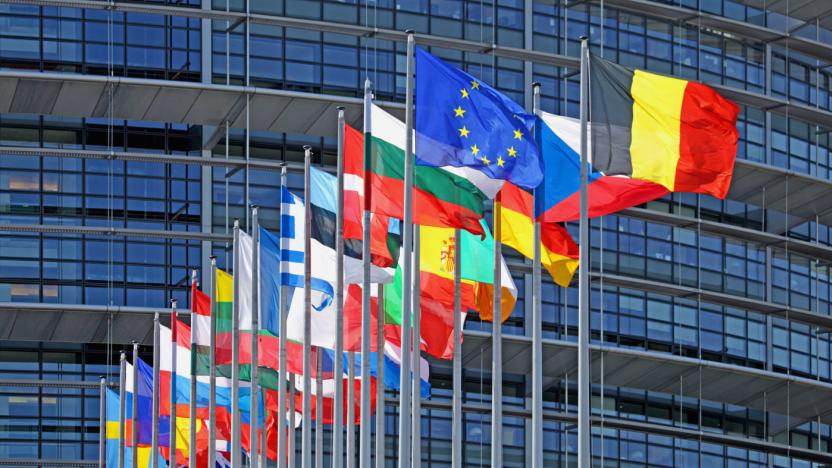DataProtectionDirective
Latest

Europe proposes stricter privacy rules for messaging apps
Less than a year after passing a strict set of data-protection laws, and the European Commission is already proposing some additions to bring them up to speed with the current reality online. As it stands, web services and communications apps like Facebook Messenger, WhatsApp, Gmail and iMessage aren't subject to the same privacy rules that cover telecoms operators. If the commission's proposal is approved, Europe's ePrivacy Directive would be extended to cover those apps, while also adding some controversial new rules on how cookies are used.

EU approves stricter data-protection rules
The European Parliament today voted in favor of broad new data-protection laws that apply to any company operating within the European Union, regardless of where it is based. First proposed more than four years ago, they represent a significant modernization of regulations drawn up in 1995, long before the internet and digital services had matured to the point they're at now. Various EU authorities agreed upon the rules late last year, and they were formally green-lit today. At their heart, the rules make companies more accountable for data protection and give citizens more control over the information held on them.

Microsoft's Patriot Act admission has the EU up in arms
Last week, Microsoft quietly confirmed that cloud data stored on its European servers can still be handed over to American investigators -- and the EU is none too pleased about it. As it turns out, the revelation has shed new light on a fundamental conflict between US law and the EU's Data Protection Directive -- an edict requiring that companies notify consumers whenever sharing their personal information. The bi-lateral Safe Harbor agreement calls for similarly strict protocol, but under the Patriot Act (which trumps all else), companies like Microsoft could be forced to hand over private data without informing targeted individuals. In response, some members of the European Parliament are calling upon legislators to take action and to implement safeguards that can't be overridden by third-party governments. It remains to be seen whether or not this leads to any new laws or transatlantic tensions, but if we've learned anything, it's that Europeans take their clouds very seriously.

